Have you ever wondered if there is a possibility that during a storm, lightning might somehow strike your window air conditioner and cause damage to it? Well, in this article, we have researched the internet and scoured every source we can find for you to give you the answer that you are looking for. So sit back and continue reading to find out the answer.
Yes, there is a possibility that lightning might strike your window AC, especially if you are living in an elevated space like a building or on top of a mountain. But the probability of this actually happening is very small as lightning strikes, surprisingly a very rare phenomenon; thus, it is safe to keep using your AC even during thunderstorms.
Interested in learning more about if lightning can hit your window air conditioner? Finish reading this write-up as we include other interesting and informative questions related to the topic, like the safety of using electronics during a storm and the effects of power surges in your AC. We will also be suggesting some informative topics at the end of this article.
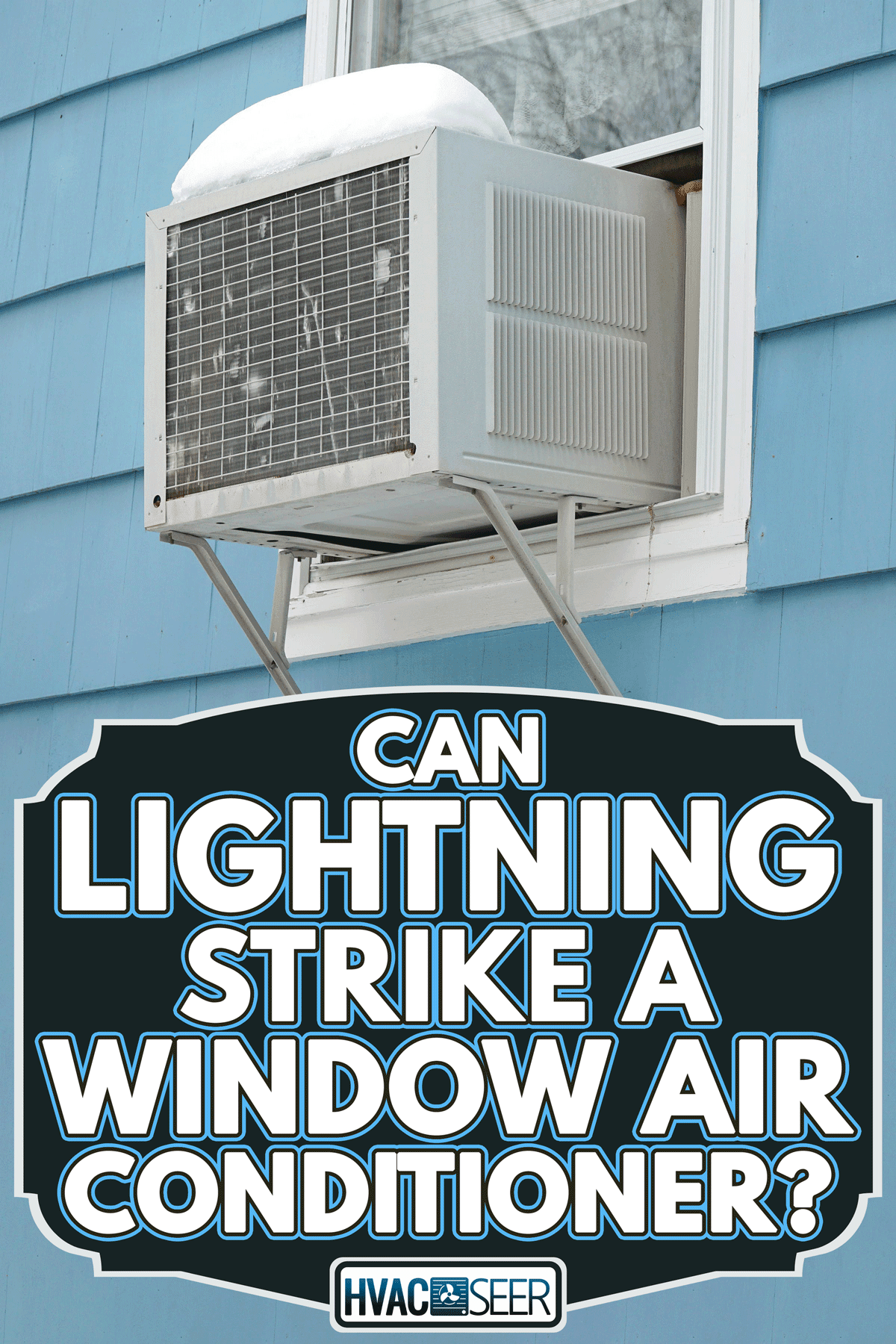
Should I turn off my window air conditioner during a lightning storm?
Although it is relatively safe to continue using your AC during a thunderstorm and the possibility of it being struck by lightning is low, there is still a chance that it might get hit.
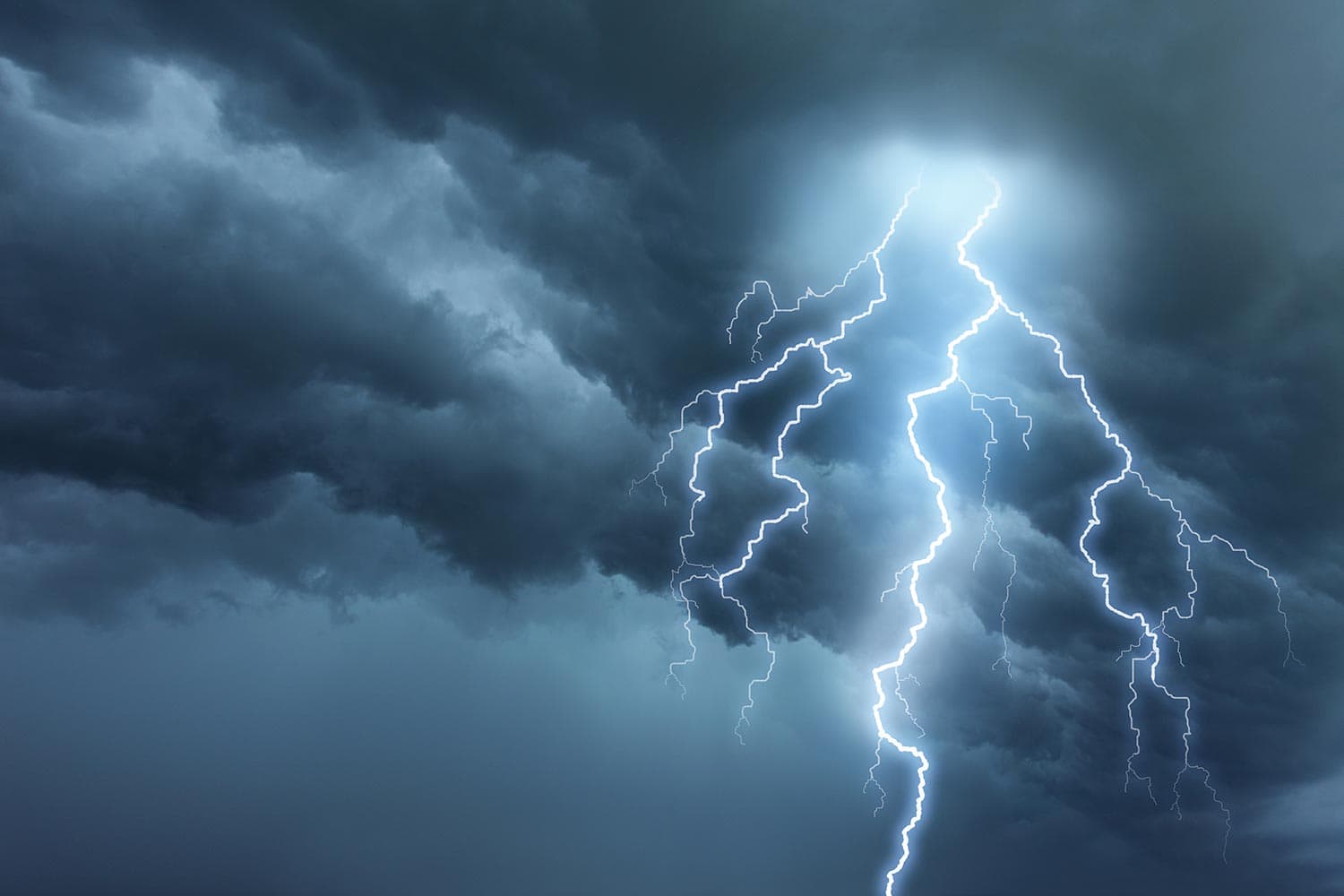
The main concern of many is fire, especially if your window AC gets directly shit by a bolt of lightning. But don't worry, as air conditioners are electrically insulated, this makes it safe during a sudden electrical surge. Also, the refrigerant inside the unit is nonflammable, making it non-explosive.
But if lightning does indeed strike, what can happen is a power surge. This can fry and damage the unit's circuitry and may render your AC completely useless in the worst-case scenario. This can be very costly, especially if the strike affects the plug and power port of your AC. This does not only damage your unit but also the port socket where it is plugged.
Usually, we use an AC to cool down a hot room, and lightning storms often occur at night due to high temperatures during the day. When a thunderstorm starts, normally, it is preceded by rain which helps in cooling down the temperature. So if you are playing it really safe, you can unplug your AC during a storm.
Living in an elevated area, near a tall tree, or a tall electrical post, especially if the wiring of your house runs through it increases the chances of attracting lightning. So these are some things that you might need to consider and be alert to if ever a lightning storm comes your way.
Is it safe to use other electronics during a lightning storm?
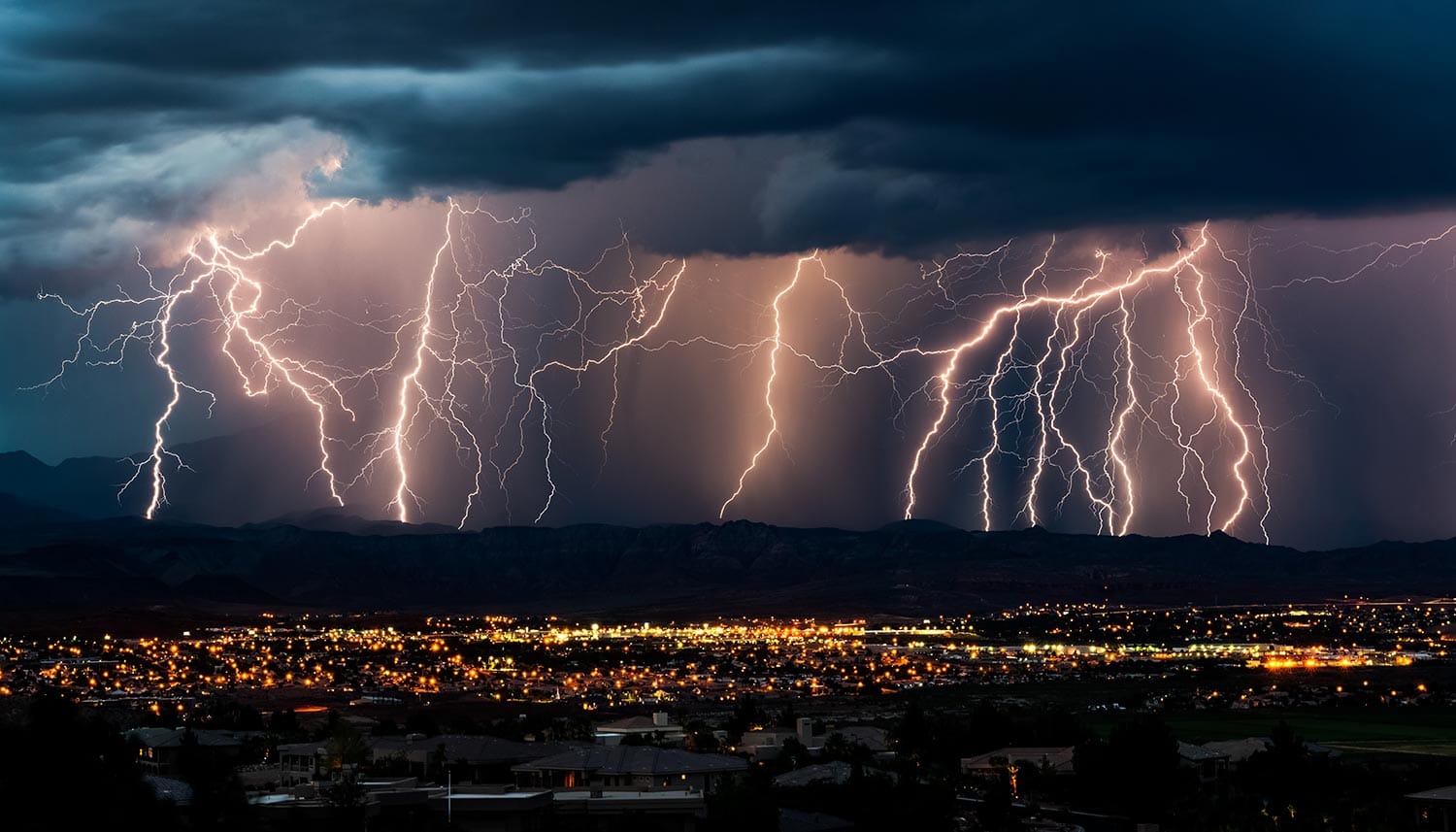
It is relatively safe to use other electronics during lightning storms. In very severe storms, electricity can be cut off, especially if the electric suppliers are affected themselves.
Lightning bolts can charge up to 120 million bolts that can easily overcharge any transformer unit. Normally, you will eventually experience intermittent power supplies during very strong storms as power grids are turned off either to prevent damage from lightning or to contain and repair the damage.
What happens if lightning strikes the AC unit?
When the uneventful strikes and your AC unit gets hit by lightning, a lot of things can happen. If your AC unit was directly hit by lightning, it can completely damage not just your unit but also your entire house's electrical system.
Other plugged-in appliances may also overload and can cause burned sockets and outlets. The sudden surge of electricity can also cause the entire power to your house to be cut and may need repairs. If your electric post is nearby, the chances are that it would be hit as well as it is more elevated. This can cause the post to be toppled over.
But as we have already established, the chances of this happening are relatively low so you need not stress about it. There are also some clever techniques and hacks that even you can install to avoid this from happening to you.
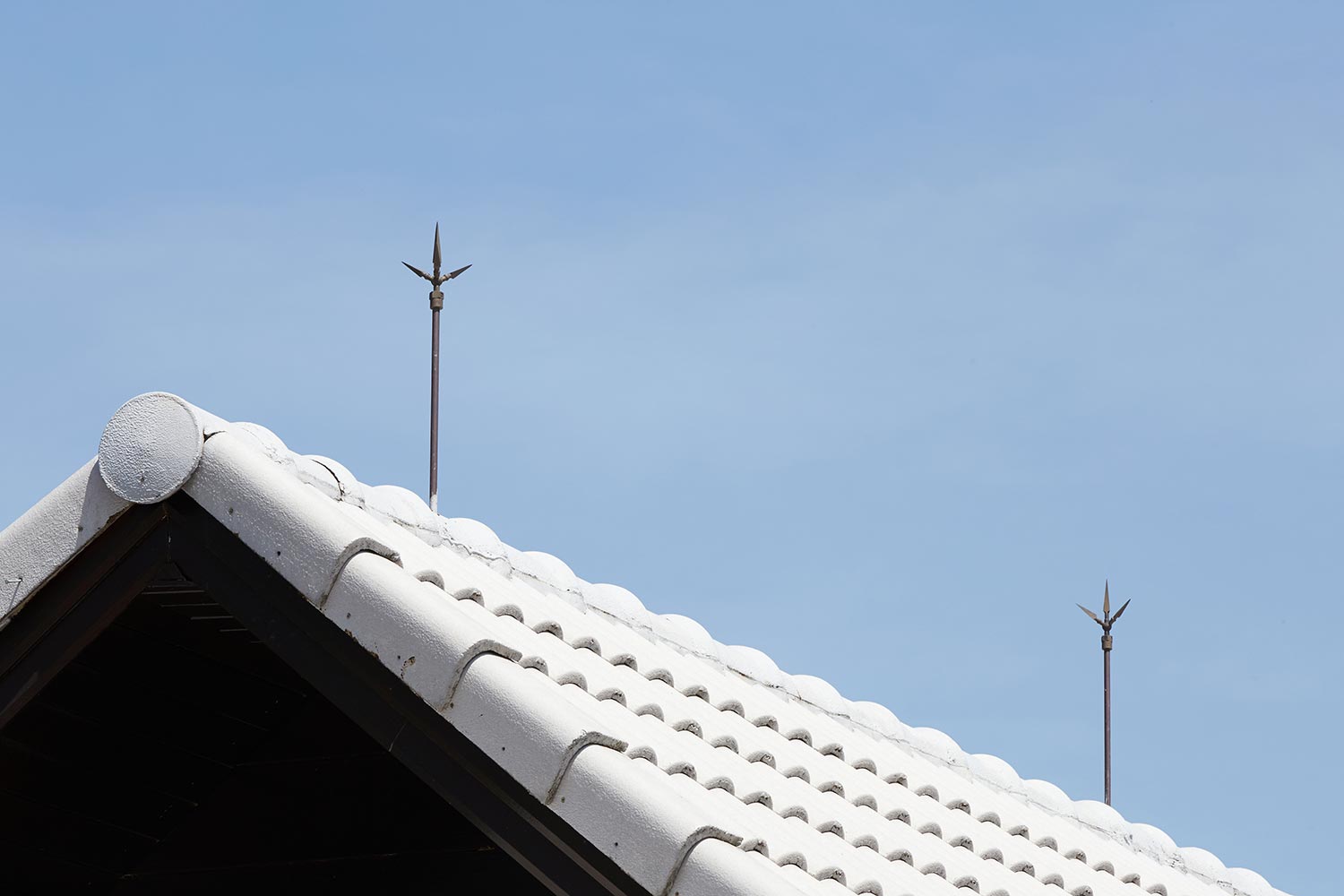
One of them is installing lightning rods, conductors, ground rods, etc. These rods will be creating an alternate path for lightning to lessen the charge or, in some cases, even completely stop from shocking your AC. This will also help in protecting your entire house's electrical system.
A fair warning is to be considered; these types of protection are not 100% effective in preventing power surges and overloading, especially if lightning directly hits your house. So completely relying on such systems still has risks even if it is small. You always have the liberty to turn off any appliances during the storm, whatever you prefer.
Is it OK to run AC while it's raining?
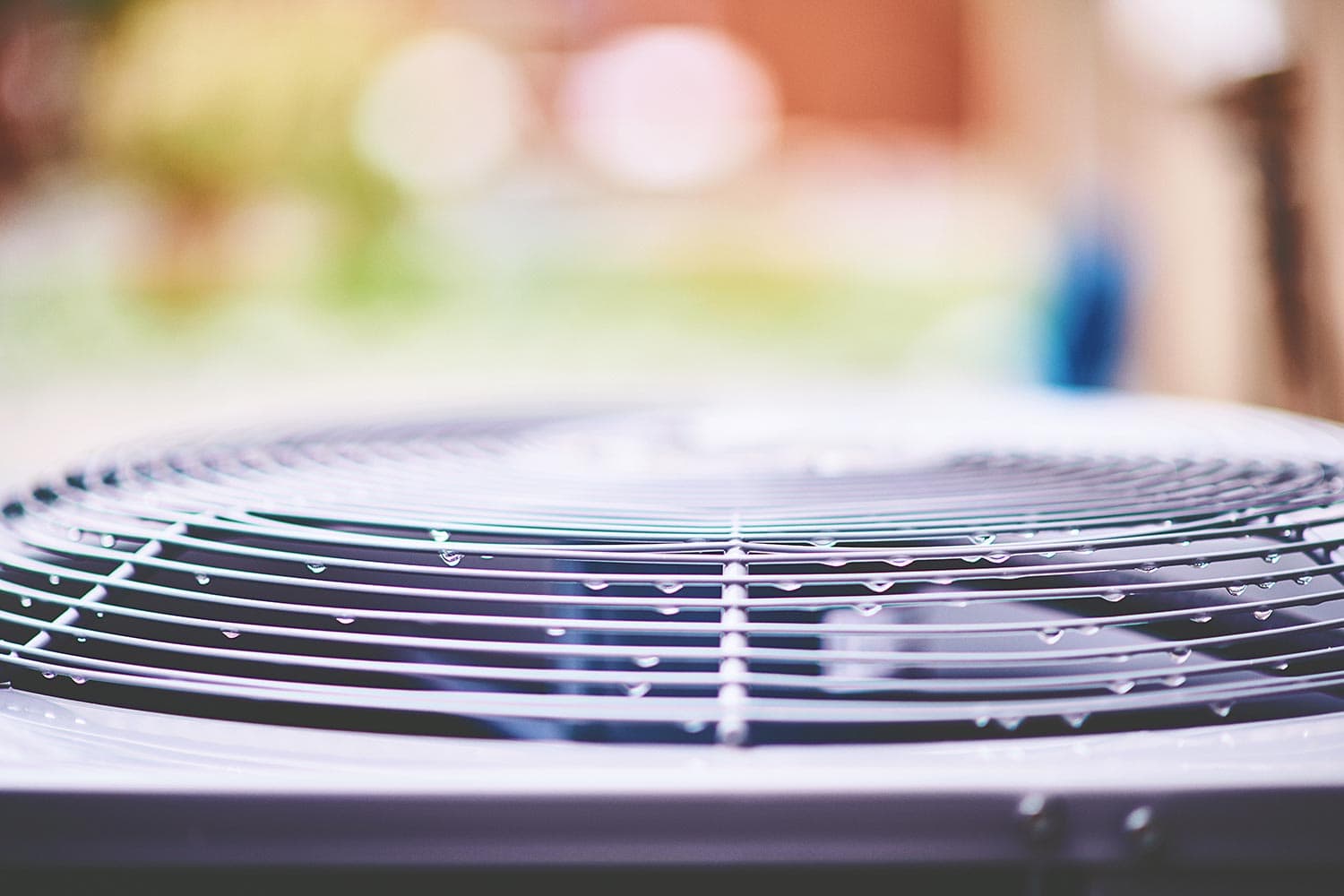
Yes, it is completely safe to use your AC even if it is raining outside. The exposed part of the AC that is outside is specifically designed to withstand the weather. The delicate motors and wiring are all sealed in waterproof casings and are pervious to water penetration unless forcibly damaged.
The metal casing of your AC does not easily rust even exposed to elements and will not hinder its performance, whether it be sunny, rainy, or even light snowing.
Usually, your user's manual will indicate if your AC will need any type of cover, especially if the weather conditions that you are living in can be extreme. These are more geared towards winter as some brands would recommend you to cover your AC with plywood or any other recommended type of coverings.
This is because normally, during winter, you will not be using the unit as the weather is already cold unless it is a dual system where it can also function as a heater as well.
Prolonged non-use of your AC during winter can cause damage as some parts may freeze due to the frigid temperature if you will not be using it for the entire winter season, which can last for months. This may cause your unit to be stocked up and may develop some damage which can affect its performance.
Why do my lights flicker when the AC turns on?
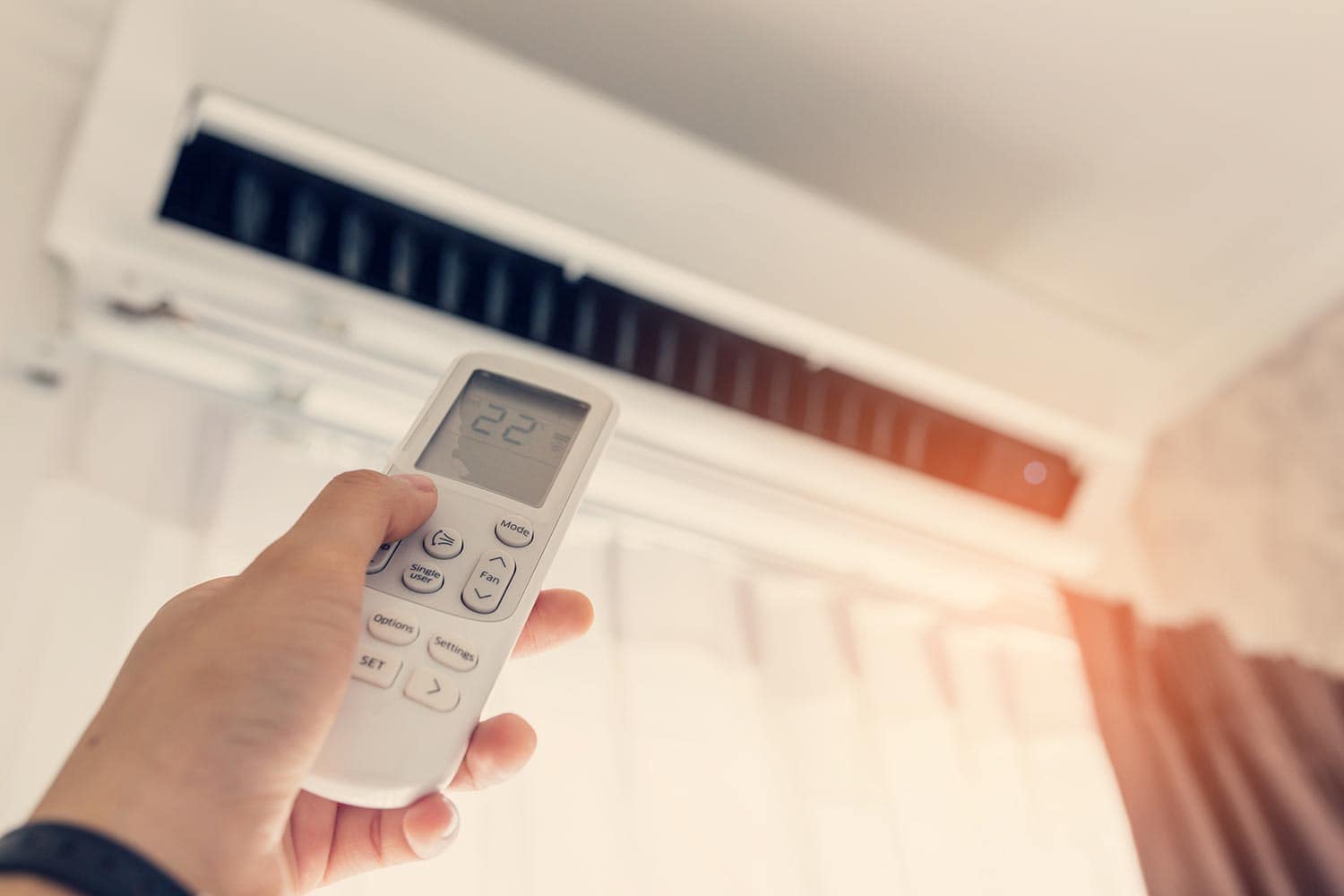
But this is not always the case. In some scenarios, flickering or dimming of lights can be caused by damage to your house's wiring. Problems such as loose or broken wires, broken capacitors, and overloaded circuits can all cause this.
Some quick indicators such as:
- lights turning on and off quickly when starting up your AC unit,
- lights lose a fair amount of illumination and stay like that as soon as the AC starts up,
- tripping circuit breakers,
- or buzzing sounds when the AC is running are all potential signs that there is a problem with your electrical system.
If you are experiencing such, we highly recommend immediately calling for professional help as these may cause problems such as wires sparking, which can lead to a dangerous fire hazard.
We also advise against doing DIY repairs, especially if you lack the expertise or knowledge. In the United States, an average of 1,000 deaths per year are related to electrical injuries. This is why we should be cautious in handling electrical problems in our houses, especially if there are children in the house.
Are HVAC surge protectors worth it?
Surge protectors may be a bit pricey as they can go anywhere between $250-$300, and depending on your location, you can expect to pay an additional hundred dollars for installation.
But this is considered to be an investment as it is way cheaper compared to a new HVAC system. The main job of a surge protector is to protect your HVAC system in the occurrence of a sudden charge which can overload and damage your system. So if you are trying to save more money in the long run, then having one is completely worth it.
This is especially helpful if you live in areas where you are constantly experiencing lightning storms where surges are more likely to happen such as in Texas and Florida.
In review
There is a possibility that lightning can strike your window-type air conditioner but the probability of this is very low. You can safely run your house appliances even during a lightning storm but during very strong ones, power grids would eventually cut the power. You don't need to worry as your AC is designed to be used no matter the weather and can withstand the elements even if some parts of it are outside.
Here are some previous articles that we have written for you. Go ahead and check them out to learn more!
Carrier Air Conditioner: P4, E4, E1, And Other Error Messages
